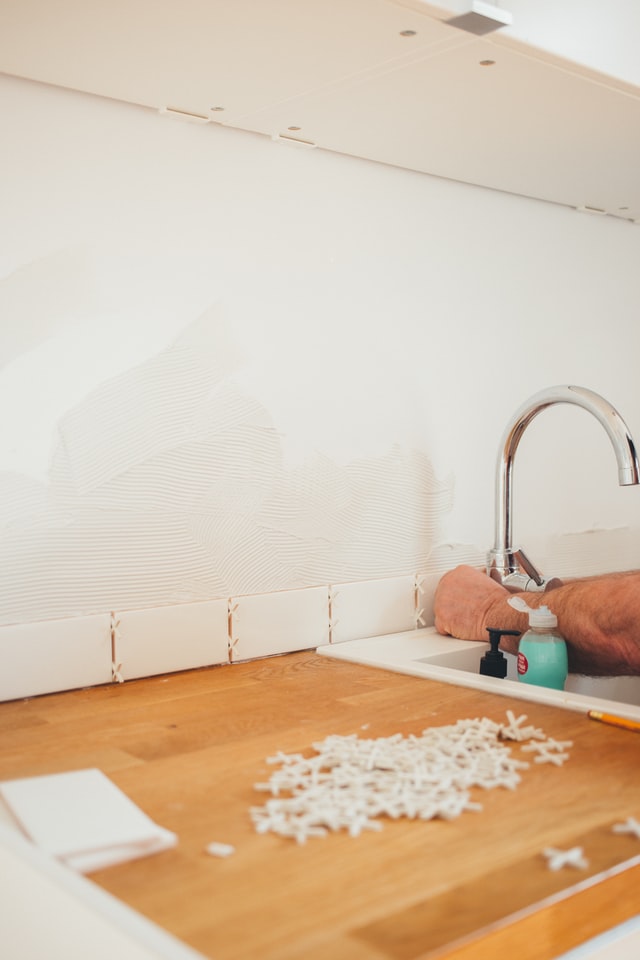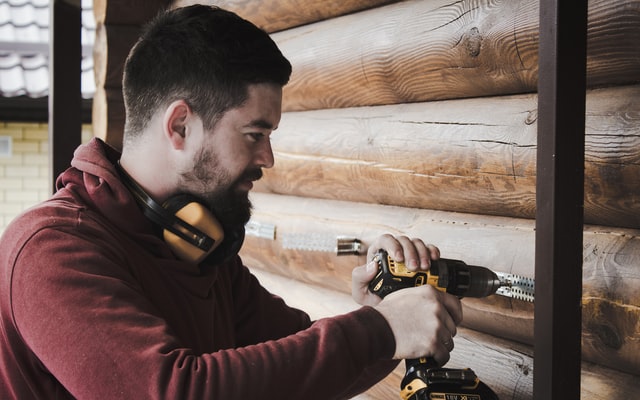Most people want to buy a home that’s move-in ready, but if you don’t mind buying fixers, there are a couple of finance options for you. This doesn’t mean just anyone can renovate a fixer — there’s a lot that goes into it, and you need to make sure you have the know-how or the money to pay someone who does. It can be expensive, and the payout is in the return on investment. If that’s much later down the line because you also plan to live there, that’s okay if you have the money, but it’s important to keep that in mind.
If you don’t have the money, you still need at least a decent credit score. There are two kinds of mortgages designed with home renovation in mind. The 203k Mortgage, one type of FHA loan, is meant for a vast array of different construction projects. In order to secure one, though, you’ll need a credit score of at least 580. Fannie Mae has a loan type specific to renovations, called the HomeStyle Renovation Loan. The max borrow amount is 50% of the total value of the home, and it’s possible to borrow against projected equity. It requires that the renovation be completed within 12 months, and necessitates a credit score of 680 or higher.
Photo by Charles Deluvio on Unsplash



















